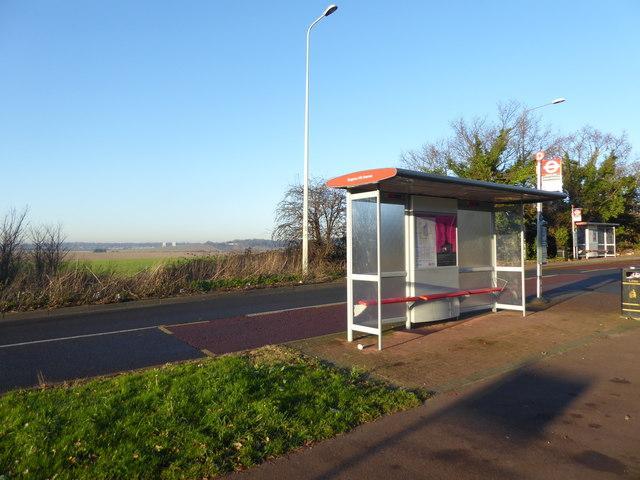More than 20,000 rural pupils no longer allowed free school transport as cash-strapped councils struggle
'We have had little choice but to cut back on free transport services for thousands of rural pupils'

Your support helps us to tell the story
From reproductive rights to climate change to Big Tech, The Independent is on the ground when the story is developing. Whether it's investigating the financials of Elon Musk's pro-Trump PAC or producing our latest documentary, 'The A Word', which shines a light on the American women fighting for reproductive rights, we know how important it is to parse out the facts from the messaging.
At such a critical moment in US history, we need reporters on the ground. Your donation allows us to keep sending journalists to speak to both sides of the story.
The Independent is trusted by Americans across the entire political spectrum. And unlike many other quality news outlets, we choose not to lock Americans out of our reporting and analysis with paywalls. We believe quality journalism should be available to everyone, paid for by those who can afford it.
Your support makes all the difference.More than 20,000 children in England have lost access to free school transport in the past three years as councils struggle to meet the costs.
County councils have warned that they have been forced to cut back on these services as school transport costs in rural areas are on average almost 10 times higher than in cities.
New analysis from the County Councils Network (CCN) shows that last year there were 22,352 fewer pupils getting free school transport, such as buses and taxis, compared with 2014.
County council leaders are calling on the government to recognise the higher cost of providing services in rural areas through adequate funding.
On average, rural authorities pay £93 per pupil in transport subsidies – while urban areas pay about £10, the analysis from CCN says. But in North Yorkshire they pay more than £200 per pupil.
Councils have said the problem has been exacerbated by “dramatic reductions in rural bus routes”.
Local authorities have a statutory duty to provide pupils under the age of eight with free transport if their nearest school is more than two miles away, or three miles away for older pupils.
Many rural councils have historically provided transport for pupils to schools other than their nearest, but now it has become unsustainable due to funding cuts, country councils have said.
Ian Hudspeth, CCN spokesman for education and children’s services and leader of Oxfordshire County Council, said: “We pay a rural premium in delivering these transport services, and it is becoming increasingly difficult to maintain subsidies.
“Regrettably, we have had little choice to cut back on free transport services for thousands of rural pupils, and tighten eligibility.
“This is why the historic underfunding of county authorities must be addressed in a fairer funding settlement. Providing free transport to our schools is a much-valued service, yet it is one we can scarcely afford beyond our statutory duties.”
A government spokesperson said: “All councils have a legal duty to provide free transport for pupils if their school is over a certain distance from their home, which will include many pupils in rural areas.
“The government has conducted a fair funding review in order to make sure local authorities can meet the needs of their local communities.”
Join our commenting forum
Join thought-provoking conversations, follow other Independent readers and see their replies
Comments